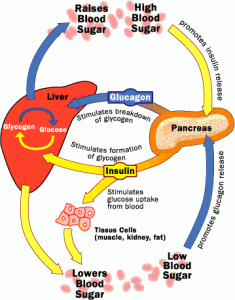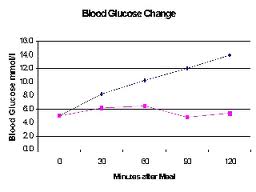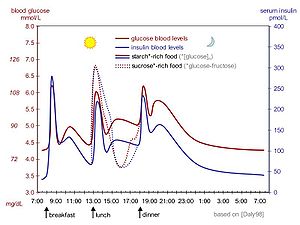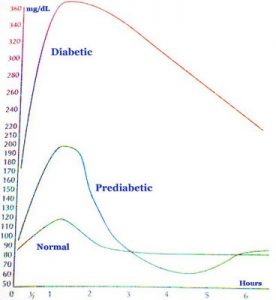What is a Normal Glucose Level?

What is a normal glucose level? This question even for doctor’s these days is a tough one because so many people don’t rely on standard readings anymore they rely on what is normal for that particular patient or diabetic.
A normal glucose level, ranges from patient to patient because what may be normal for me may not be normal for you. Glucose levels also vary from day to day because some people have normal glucose levels for fasting while others have normal glucose levels because of eating everyone has different “normal glucose levels”.
A normal glucose level is a good range to have which generally falls in the category of between 70-115/120. If you get higher readings then you could fall into being a hyperglycemic with high blood glucose and if you fall below the 70 range you could be classified as a hypoglycemic with low blood glucose levels.
What is a normal glucose level depends on many different factors such as age, weight, ethnic background, family history and also what type of glucose level you are checking. Naturally if you are checking for a fasting glucose level the readings are going to be lower than if you are checking for a glucose level throughout the day after you have eaten a meal such as lunch or dinner.
What a normal glucose level is, all depends on many things – but by being able to have a normal range to go on it prepares people to know warning signs and symptoms of other problems and conditions if it arises. Why sit back and let something go misdiagnosed or untreated because you aren’t sure of the warning signs and symptoms when you can take care of it as it needs to be taken care of. Diabetics not monitoring their blood sugar levels correctly can be dangerous!





